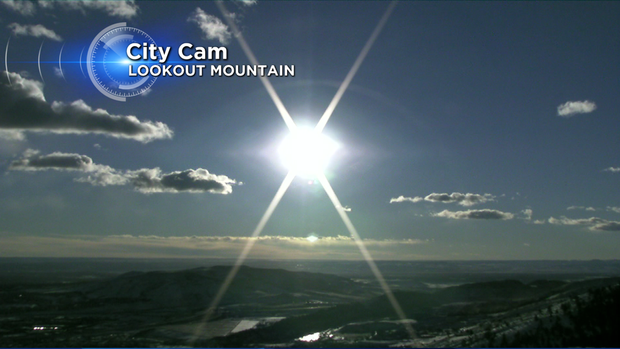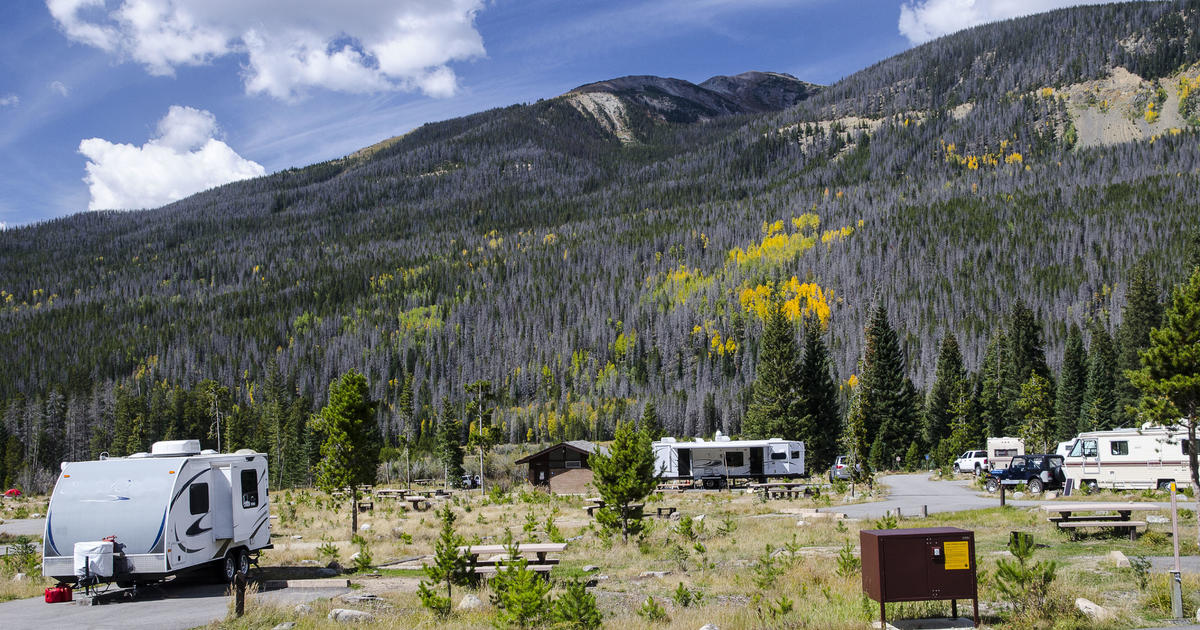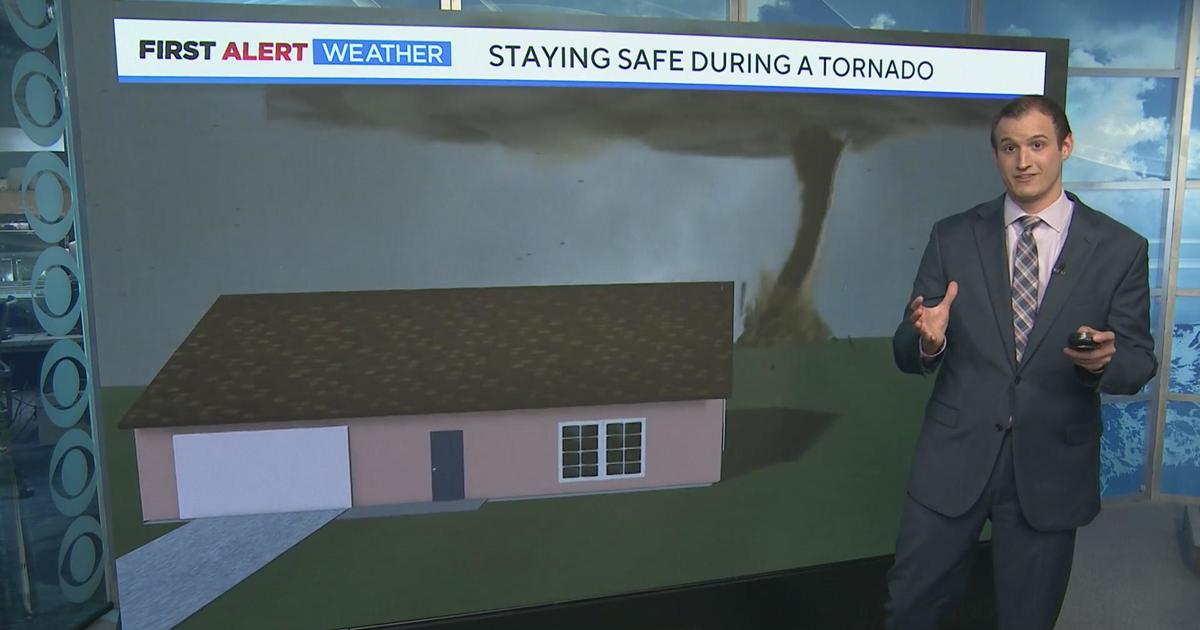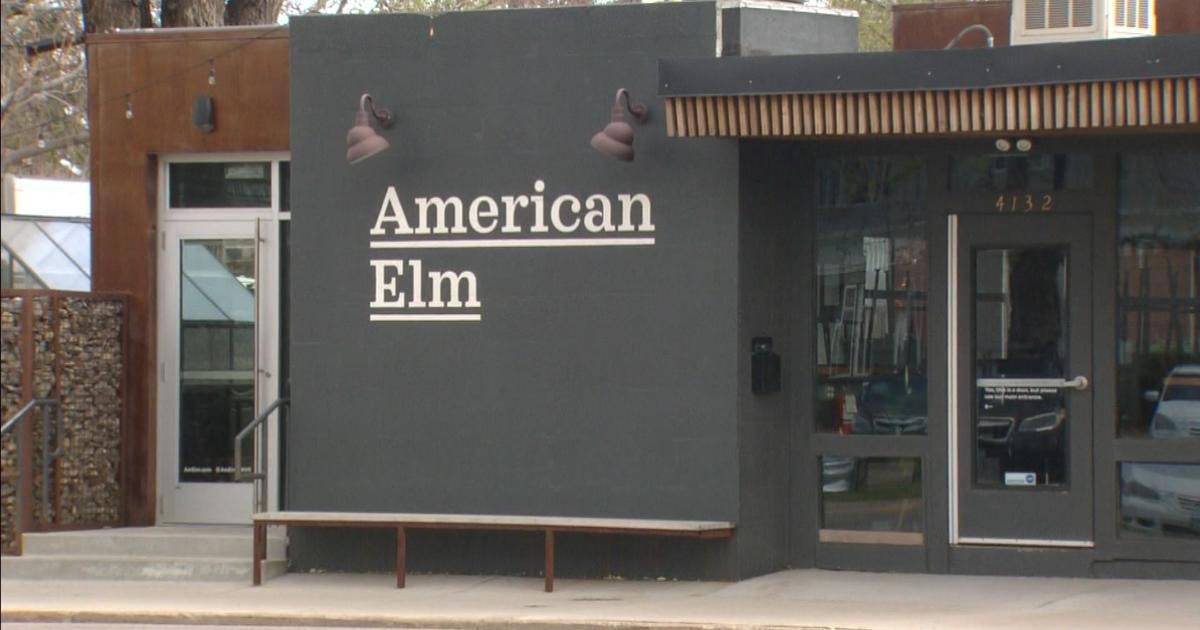Winter Solstice Is Here, But The Seasonal Lag Is Yet To Come
By Chris Spears
DENVER (CBS4) - Happy Winter Solstice! The new season officially arrives at 9:49 p.m. MST.
December 21 & 22 are the two shortest days this year in Denver with just 9 hours, 21 minutes and 14 seconds of daylight.
For those who dislike the season it means good news because the days will start to grow longer and the sun angle will start to get higher.
But despite the warm outlook those in the weather business know that the winter solstice means some of the coldest days of the season are yet to come.
It all has to do with Earth's 23.5° tilt and our annual trip around the Sun.
The seasonal temperature lag is a period when outgoing energy at the Earth's surface exceeds the incoming energy.
And even though the days will start growing longer in the weeks to come, it takes a while for that energy "lag" to catch up and swing the pendulum the other way.
Until that happens we'll continue to see bouts of cold weather.
Some of the coldest average temperatures in the Northern Hemisphere often come between Christmas and Valentine's Day.
The opposite happens after the Summer Solstice.
Even though the days start growing shorter in late June, because of the high sun angle and long days, the amount of energy absorbed at the Earth's surface will exceed the outgoing energy for several weeks.
That's why the hottest temperatures of the year typically come in July and August.
Meteorologist Chris Spears writes about stories related to weather and climate in Colorado. Check out his bio, connect with him on Facebook or follow him on Twitter @ChrisCBS4.




